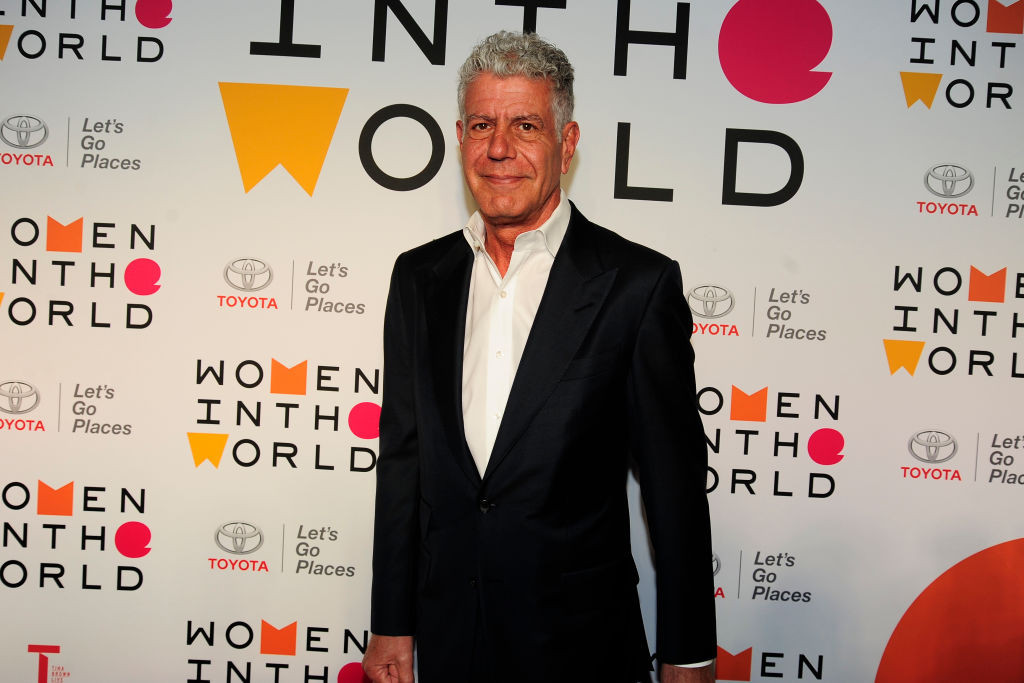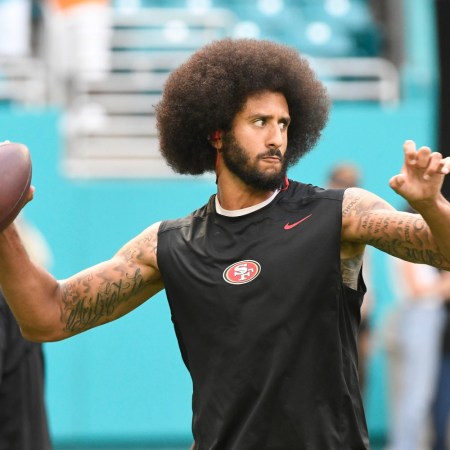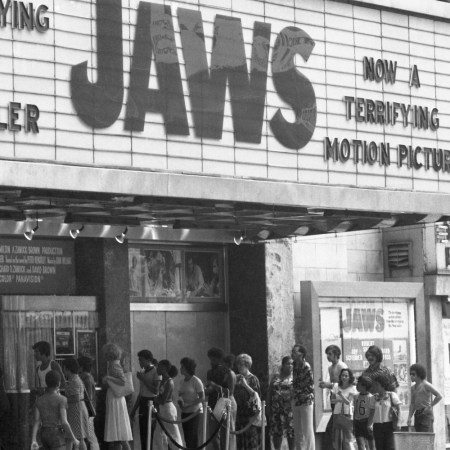Under most circumstances, the idea of an acclaimed filmmaker taking on the life of chef, writer, and television host Anthony Bourdain would be cause for celebration. Morgan Neville, director of the newly-released Bourdain documentary Roadrunner: A Film About Anthony Bourdain, had previously helmed the likes of Won’t You Be My Neighbor? and 20 Feet From Stardom — films acclaimed for their richness and complexity. But at least one aspect of the film’s production has also given some viewers pause, for reasons both aesthetic and ethical, in a documentary that’s largely received good reviews.
A detailed look at the film by Helen Rosner in The New Yorker points to the source of this friction. Rosner notes that, in one sequence, the film segues from a friend of Bourdain’s reading an email from him to a recording of Bourdain apparently reading the same letter. Rosner asks Neville how he was able to get the recording; Neville responds that, through work with a software company, “I created an A.I. model of his voice.”
Neville goes on to say that “you probably don’t know what the other lines are that were spoken by the A.I., and you’re not going to know.” And he tells Rosner, “We can have a documentary-ethics panel about it later.”
“In a world of computer simulations and deepfakes, a dead man’s voice speaking his own words of despair is hardly the most dystopian application of the technology,” Rosner writes. “But the seamlessness of the effect is eerie.”
It’s also prompted some shocked reactions on social media, and it isn’t hard to see why. While there is a history of documentary filmmakers opting for the subjective rather than the objective — Werner Herzog’s thoughts on “ecstatic truth” are very relevant here — there’s also a difference between using archival audio of a documentary’s subject and, essentially, creating your own.
Consider Raoul Peck’s acclaimed documentary I Am Not Your Negro, for instance. For that film, Peck used some archival audio of the film’s subject, writer James Baldwin. The film also featured Samuel L. Jackson reading passages written by Baldwin of which no audio existed. And this approach worked perfectly well — Peck’s film was nominated for an Oscar and was a box office success.
Given the rise of deepfake technology, it’s not surprising to see it turn up in this context. In fact, it was probably inevitable. But knowing that it’s present in this film is likely to create ethical questions among some viewers — especially for a documentary with Bourdain as its subject.
Thanks for reading InsideHook. Sign up for our daily newsletter and be in the know.


















